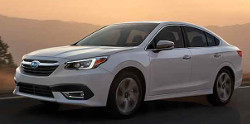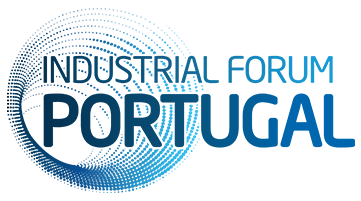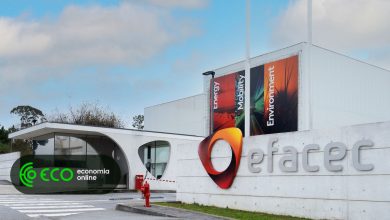
Automotive Grade Linux nabs Subaru and Wind River teams with Baidu on driverless cars
Subaru will use Automotive Grade Linux in its 2020 Subaru Outback and Legacy cars. Meanwhile, Wind River revealed a partnership with Baidu to develop an AUTOSAR solution based on Wind River Linux and VxWorks for Baidu’s Apollo autonomous car platform.
At the CES show in Las Vegas today, the Linux Foundation’s Automotive Grade Linux(AGL) project announced a major new customer win with Subaru. The Japanese carmaker and AGL member will use the Linux-based AGL Unified Code Base (UCB) for its Subaru Starlink in-vehicle infotainment (IVI) system in two 2020 models: the Subaru Outback and Subaru Legacy.
Subaru joins Toyota as the other major manufacturer using the full UCB stack in their IVI systems. Toyota is using UCB in most of its major models, ranging from the Camry to its Lexus cars. Daimler’s Mercedes-Benz Vans is also incorporating the software in its IVI stack. AGL’s growing membership of 150 includes 11 automakers, with recent additions including Hyundai.
The open source, Yocto based Unified Code Base was updated to UCB 8.0 in August. The release offers improved profiles for telematics and instrument cluster, among other features. It also included some new BSPs including one for the Raspberry Pi 4.


2020 Subaru Outback (left) and 2020 Subaru Legacy
(click images to enlarge)
“Using AGL’s open source software allows us to easily customize the user experience and integrate new features, creating an integrated cockpit entertainment system that is more enjoyable for drivers,” stated Naoyoshi Morita, Subaru Corp’s GM of Electronic Product Design.
This week at the AGL booth in the Las Vegas Westgate Hotel Pavilion, booth 1815, AGL will showcase 19+ demos by AGL members including infotainment, instrument cluster, autonomous driving, security, connectivity, and other applications. A reception and Demo Showcase will be held on Jan. 8 from 6-8PM. More information may be found here.
The Linux Foundation also just released its 2020 events calendar. The Embedded Linux Conferences will be held in Austin, Texas on June 22-24 and in Dublin, Ireland on Oct. 26-28.
Wind River announces automotive partnership with Baidu
Wind River has been involved in the automotive market for years, primarily dpeloying its VxWorks RTOS, but also with Linux in efforts such as its Wind River Linux based Helix Chassis cockpit software. AT CES the former Intel subsidiary announced a collaboration with Chinese search and AI giant Baidu concerning Baidu’s Linux-based Apollo autonomous car stack.
Wind River and Baidu will jointly develop a proof of concept for an AUTOSAR Adaptivebased software architecture for Apollo. The architecture will support “heterogeneous systems with mixed criticality of safety requirements,” such as Wind River Linux base infotainment systems working interactively with VxWorks based telematics. Such integration can reduce both costs and power consumption, says Wind River.

Baidu’s Apollo 3.5 test car detail view
(click image to enlarge)
Wind River’s latest automotive software includes an AUTOSAR Adaptive based Wind River Drive platform that enables ISO 26262 ASIL D–certifiable safety-critical ADAS and autonomous driving applications. In October, Wind River announced that certification authority TÜV SÜD has endorsed an ISO 26262 ASIL-D certification program for its AUTOSAR Adaptive software covering both Wind River Linux and VxWorks.
AUTOSAR standards include both Classic and Adaptive platforms for standardizing basic system functions and functional interfaces. AUTOSAR Adaptive–based platforms are intended for high-performance computing electronic control units (ECUs). Examples include software frameworks for sensor fusion data processing, over-the-air (OTA) updates, IoT systems, and vehicle-to-infrastructure.
Baidu’s Apollo competes with other driverless car stacks including Tier IV’s Autoware and Nvidia’s Xavier based Drive AutoPilot and recently announced Nvidia Drive AGX Orin. The open source, Ubuntu-based Apollo project is especially designed to perform in complex urban and suburban driving scenarios. More information may be found in our earlier Apollo report.
Wind River will be exhibiting at CES 2020 on Jan. 7–10 at Booth #9029 in the North Hall at the Las Vegas Convention Center.
Font: LinuxGizmos





